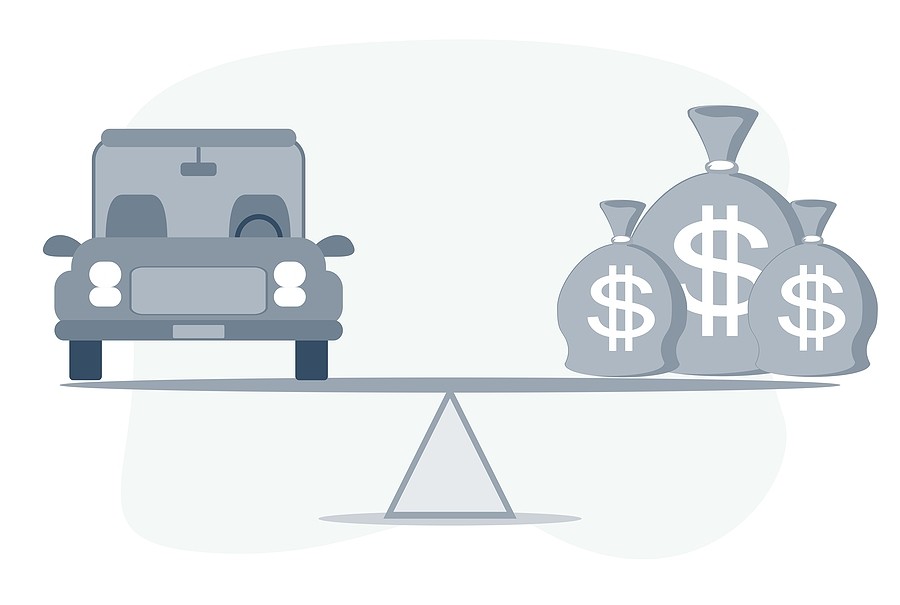When a car is deemed a total loss by an insurance company, the owner is often left wondering what to do with it. One option is to sell the car to a salvage yard, which will then dismantle it and sell the usable parts. But how much does a salvage yard pay for a totaled car? The answer can vary widely depending on a number of factors, including the make and model of the car, its condition, and the demand for its parts. In this article, we'll take a closer look at how salvage yards determine the value of a totaled car and what you can expect to receive when selling one.
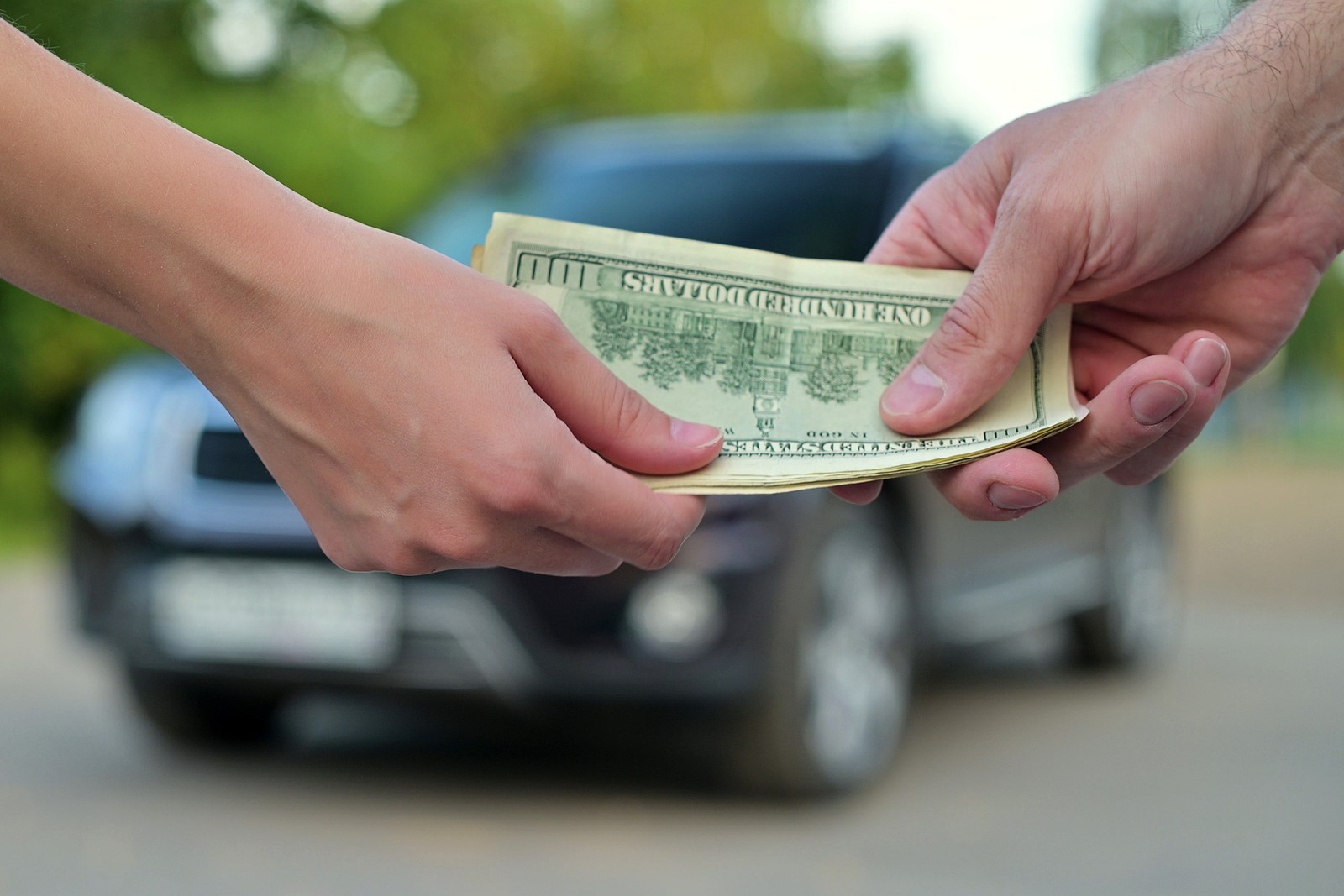
How much does a salvage yard pay for a totaled car?
If you've been in a car accident or your vehicle has reached the end of its lifespan, you may be wondering what to do with it. One option is to sell it to a salvage yard, which will pay you for the car and then dismantle it for parts or scrap metal. But how much does a salvage yard pay for a totaled car? The answer depends on a variety of factors.
First, it's important to understand what a “totaled” car is. In insurance terms, a car is considered totaled when the cost to repair it exceeds the value of the car. In other words, it's not worth it for the insurance company to pay for the repairs because the car is worth less than the cost to fix it. When this happens, the insurance company will often pay the owner the value of the car and take possession of it.
If you're trying to sell a totaled car to a salvage yard, the yard will likely pay you based on the weight of the car and the current market value of scrap metal. The price per pound of scrap metal can vary significantly depending on the type of metal and market conditions. For example, steel is typically the cheapest type of metal and can fetch around $100 per ton, while copper and aluminum are more valuable and can sell for $2,000 to $3,000 per ton.
The make and model of the car can also affect the price a salvage yard is willing to pay. Some models, such as luxury cars, may have more valuable parts that the salvage yard can sell, which means they may be willing to pay more for the car. Similarly, if the car has certain features, such as all-wheel drive or a diesel engine, the salvage yard may be willing to pay more because these parts are in high demand.
The condition of the car is another factor that will affect the price a salvage yard is willing to pay. If the car is in good condition and has many usable parts, the salvage yard may be willing to pay more because they can sell these parts to customers. On the other hand, if the car is severely damaged and there are few usable parts, the salvage yard may offer a lower price because they will have to spend more time and resources to dismantle and dispose of the car.
It's also worth noting that some salvage yards may offer more for a car if they can sell it to a foreign market, where demand for certain parts may be higher. Additionally, the location of the salvage yard can affect the price they are willing to pay, as transport costs may vary depending on the distance between the yard and the location of the car.
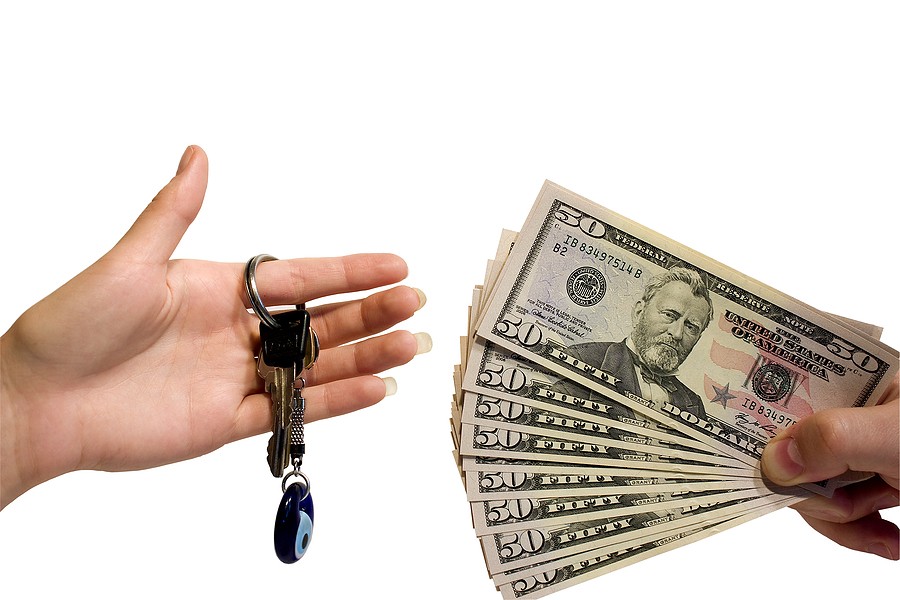
Is totaled the same as salvaged?
A car can be considered a total loss, or “totaled,” for a number of reasons, such as if it is severely damaged in an accident or if it is deemed too costly to repair. When a car is considered a total loss, the insurance company may declare it a “salvage vehicle.”
A salvage vehicle is a car that has been declared a total loss and has been damaged to the extent that it is no longer considered roadworthy or safe to drive. In many cases, a car that has been declared a total loss will be given a salvage title, which is a special type of title that is issued by the state in which the car is registered. A salvage title serves as a record of the car's history and indicates that it has been declared a total loss.
It's important to note that not all total loss vehicles are considered salvages. In some cases, a car that has been declared a total loss may be repaired and returned to service. In these cases, the car may not be given a salvage title, but it may still be considered a total loss by the insurance company.
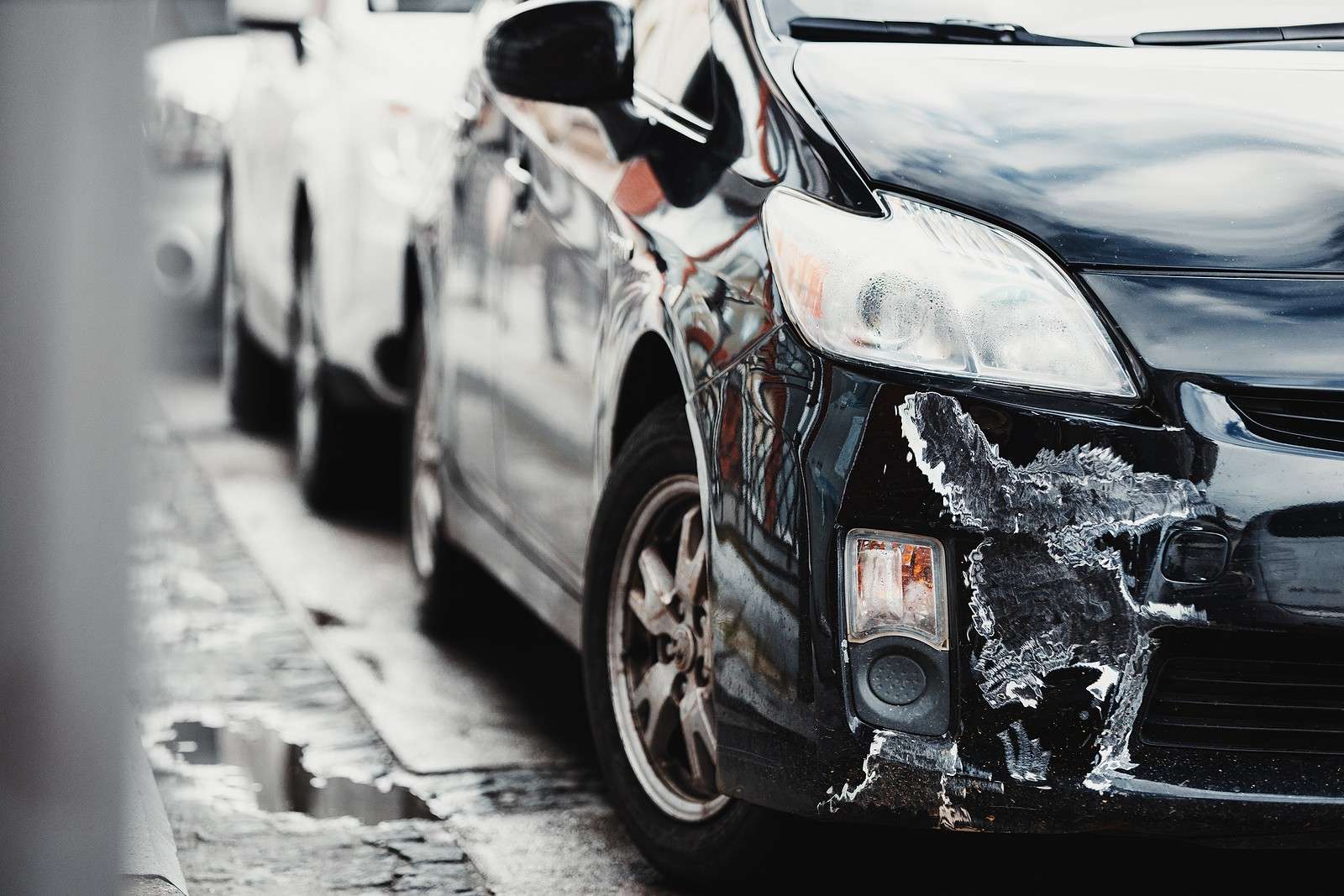
At what percentage of value is a car totaled?
The percentage at which a car is considered totaled can vary depending on the specific insurance policy and the laws of the state where the accident occurred. In general, a car is considered totaled when the cost to repair it is greater than the value of the car.
However, the specific percentage at which a car is considered totaled may vary. Some insurance policies consider a car to be totaled when the cost to repair it is greater than a certain percentage of the car's value, such as 75% or 80%. Other insurance policies may have a specific dollar amount that is used to determine if a car is considered totaled.
In some states, there are laws that specify the percentage at which a car is considered a total loss. For example, in California, a car is considered a total loss if the cost to repair it is more than 75% of the car's value. In other states, there may be no specific percentage that is used to determine if a car is considered a total loss.
It's important to note that the determination of whether a car is considered a total loss is typically made by the insurance company based on their own criteria and policies. If you have questions about whether your car is considered a total loss, you should contact your insurance company.

Can you negotiate salvage value with insurance?
It is possible to negotiate the salvage value of a car with an insurance company, but the success of such negotiations can depend on various factors.
Salvage value is the amount of money that an insurance company will pay to the owner of a car that has been declared a total loss. The salvage value is typically based on the value of the car before the accident, minus the cost of any repairs that are needed.
If you believe that the insurance company's valuation of the salvage value is too low, you may be able to negotiate a higher amount. Factors that may influence the success of such negotiations include the extent of the damage to the car, the market value of similar cars, and the specific terms of your insurance policy.
It's important to keep in mind that the insurance company's primary goal is to minimize their costs, so they may not be willing to increase the salvage value significantly. If you are unable to reach an agreement with the insurance company, you may be able to seek the assistance of an independent appraiser or mediator to help resolve the dispute.
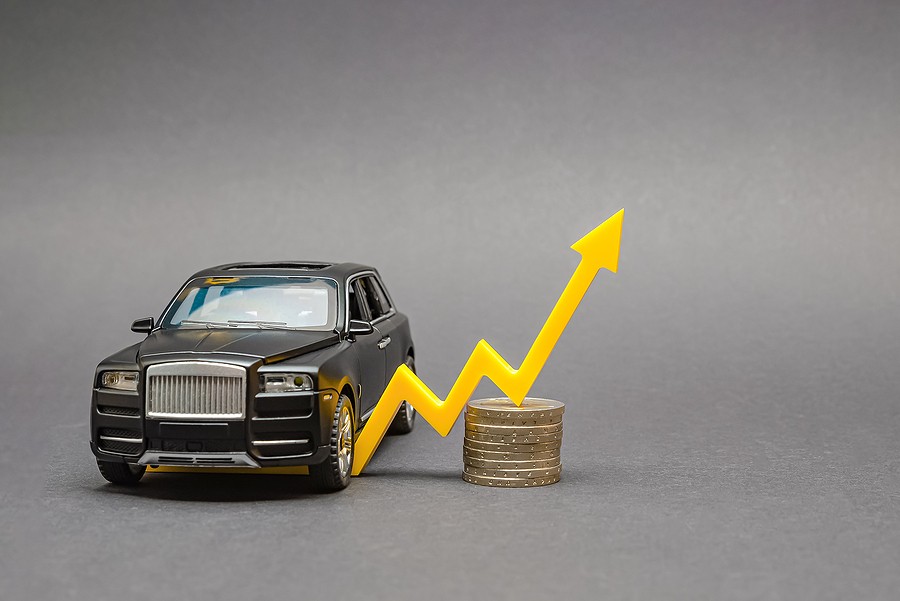
How do you negotiate total loss payout?
If your car has been deemed a total loss by an insurance company, you may be able to negotiate the payout amount. Here are a few steps you can take to try to increase your payout:
- Gather evidence: Before you begin negotiations, it's important to have a good understanding of the value of your car. This can include the original purchase price, any modifications or upgrades you made, and the current market value of similar vehicles.
- Review your policy: Make sure you understand the terms of your insurance policy, including any coverage limits or exclusions that could affect your payout.
- Negotiate with your insurance company: Contact your insurance company and explain your situation. Provide them with any evidence you have gathered to support your claim for a higher payout. Be prepared to negotiate and be willing to compromise.
- Consider hiring an attorney: If you are unable to come to an agreement with your insurance company, you may want to consider hiring an attorney to help you negotiate. An attorney can review your policy and advise you on your legal options.
- Appeal the decision: If you are still unhappy with the payout amount, you may be able to file an appeal with your insurance company or with the state insurance commissioner. This can be a lengthy and complex process, so it may be worth consulting with an attorney before proceeding.
It's important to keep in mind that the insurance company's primary goal is to minimize its financial liability, so it may be difficult to negotiate a higher payout. However, if you are able to provide strong evidence to support your claim, you may be able to increase your total loss payout.

How to maximize my totaled car value?
There are a few steps you can take to maximize the value of your totaled car:
- Gather documentation: It's important to have detailed documentation of the condition of your car before the accident, including any maintenance records and estimates for repairs. This can help you establish the value of your car and support your claim for a higher settlement.
- Get multiple estimates: Before accepting a settlement offer from your insurance company, it can be helpful to get estimates from multiple repair shops. This can help you determine the true cost of repairing your car and give you a better idea of its value.
- Negotiate with your insurance company: If you believe that the insurance company's valuation of your car is too low, you may be able to negotiate a higher settlement. Be prepared to provide evidence of the value of your car, such as documentation of its condition and estimates from repair shops.
- Seek the assistance of an appraiser or mediator: If you are unable to reach an agreement with your insurance company, you may be able to seek the assistance of an independent appraiser or mediator to help resolve the dispute.
It's important to keep in mind that the insurance company's primary goal is to minimize their costs, so they may not be willing to increase the settlement significantly. However, by gathering documentation and negotiating with your insurance company, you may be able to maximize the value of your totaled car.
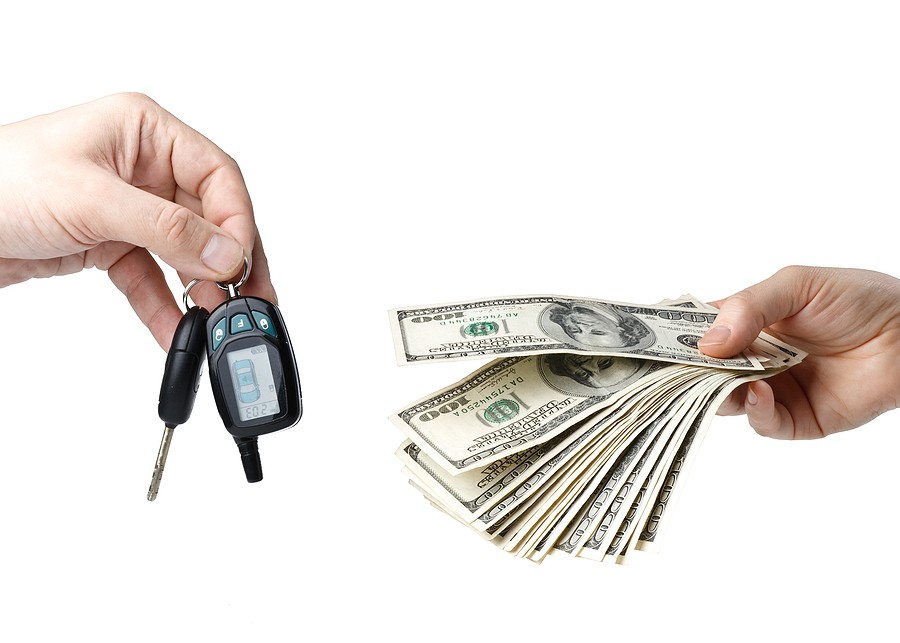
How much does a salvage yard pay for a totaled car? Final Thoughts
Ultimately, the amount a salvage yard pays for a totaled car will depend on a variety of factors, including the weight of the car, the type and value of the metal, the make and model of the car, the condition of the car, and the location of the salvage yard. If you're considering selling a totaled car to a salvage yard, it's a good idea to shop around and get quotes from multiple yards to see which one is offering the best price.

